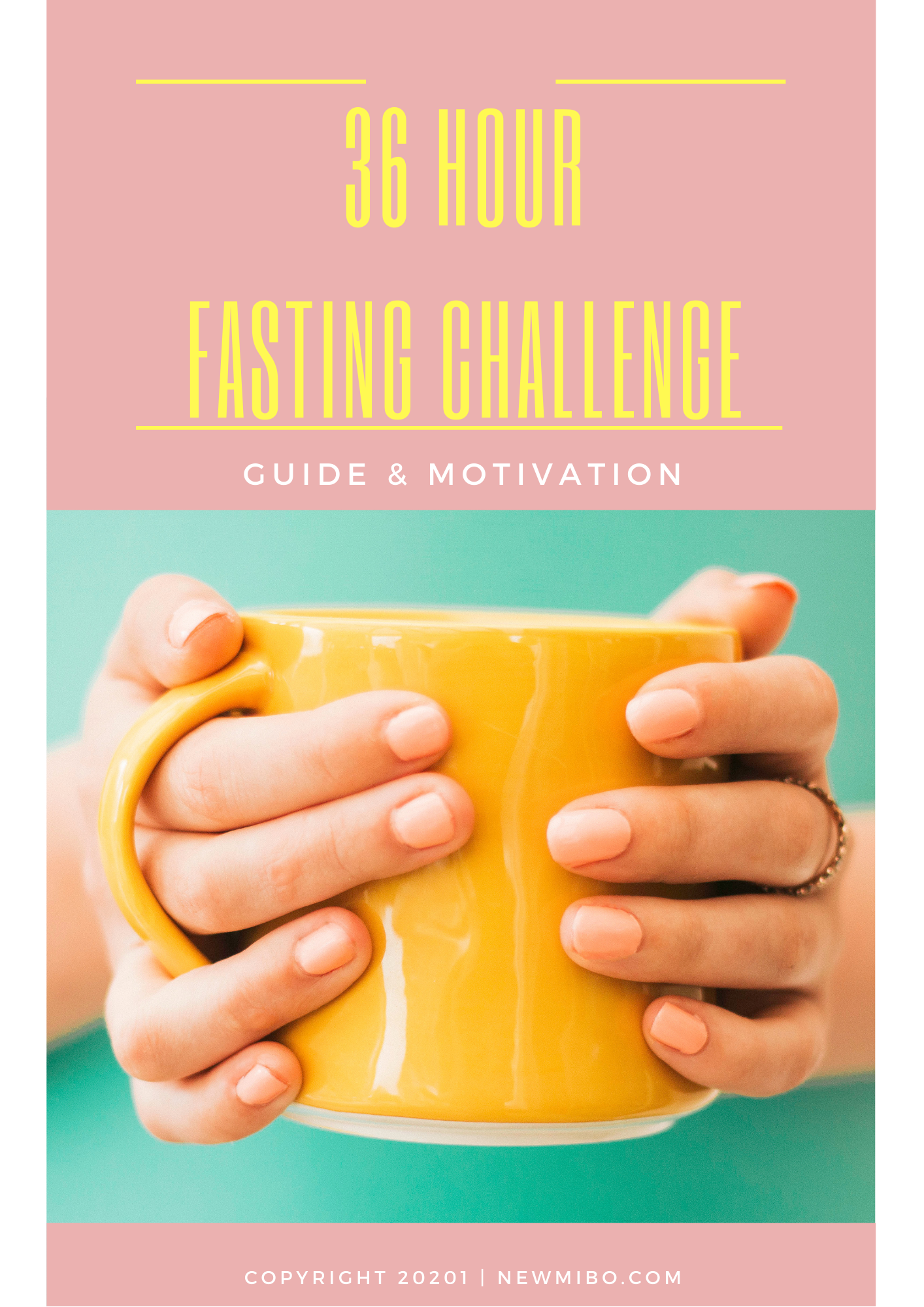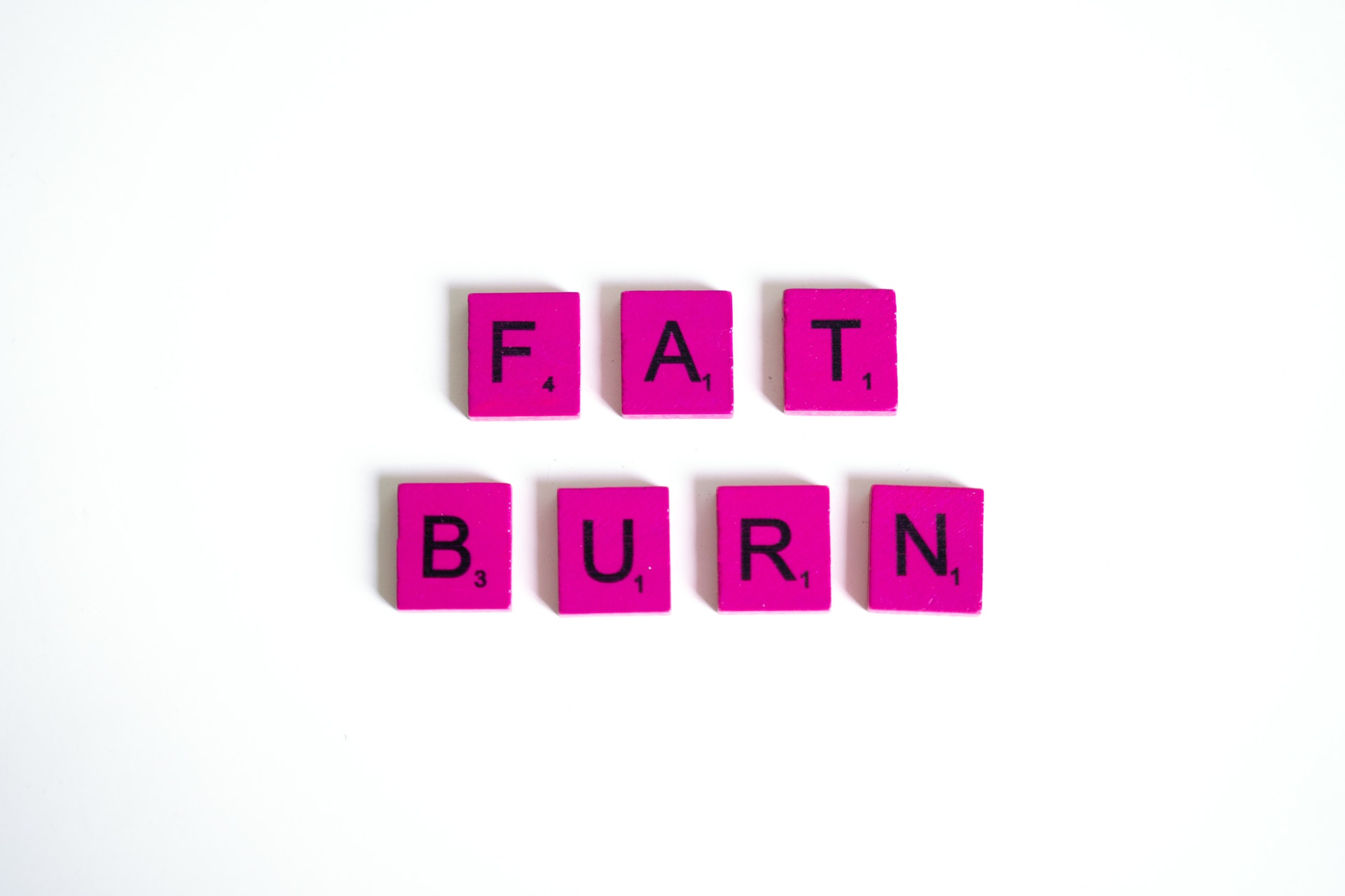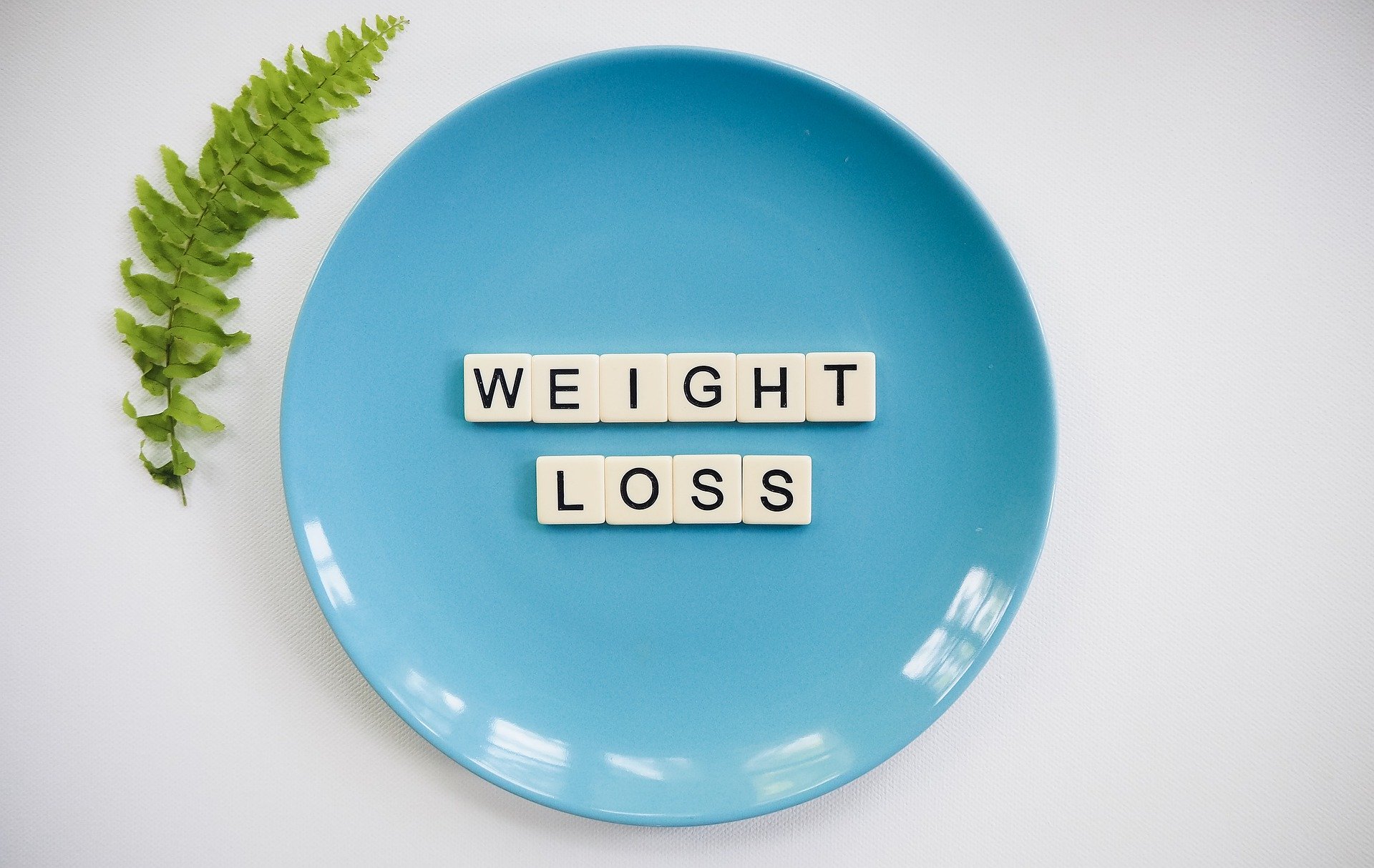you’ve never fasted before .. or so you think.
Let me ask you this;
- have you ever been so busy at work that you had to skip lunch
- have you ever travelled long distance and couldn’t find a place to eat for hours
- have you ever booked dinner with friends and didn’t want to eat beforehand so as not to spoil your appetite
- have you ever been so nervous before an exam or a big event that you couldn’t eat the whole day
- have you ever had a blood test or any other test done and had to skip breakfast
- have you ever woke up late and had to sacrifice breakfast in order to catch up or make it to work on time
- have you ever felt sick and couldn’t eat
- have you ever spent hours at the library before your assignment was due and couldn’t eat
- have you ever returned from holidays and there was nothing in the fridge to eat
- have you ever been so engaged in something that you forgot or didn’t want to stop to eat
- have you ever stayed in a hotel and only ate a set dinner or breakfast
- have you ever just grabbed a coffee instead of a meal at breakfast
- have you ever slept, yes slept
If you only said yes to one of the questions above, you can say that you have fasted.
I know that the word ‘fasting’ can sound daunting but fasting is technically what we do in between eating. You either eat or you fast. The fasting countdown starts from the moment you finish eating your last meal and ends with your first mouthful of the next meal.
12 HOUR FAST
You’d be pleased to know that sleeping counts as fasting. This effectively means that you have been practicing fasting on a daily basis ever since you were born without even realising. Sleeping is therefore going to be our baseline. Consider the following to set up your first fast:
- how many hours do you sleep
- what time do you normally eat your last meal
- what time do you normally eat your first meal
- then move your last meal to an earlier time slot by an hour or two
- or move your first meal after you wake up to a later time by an hour or two etc.
- or adjust both until you get to a 12 hour period without eating
- brush your teeth after your last meal so there’s no temptation to snack
EXAMPLE:
eat only between 7.00 -19.00 hrs and fast the remaining 12 hours through the night
This used to be a traditional way of eating not so long ago, perhaps your parents or grandparents can confirm it to be so. It wasn’t about eating 12 hours per day, it was about having 3 set meals per day with no snacks in between. The combination of these “rules” is what made it successful and kept the obesity rates way way below to where we are today.
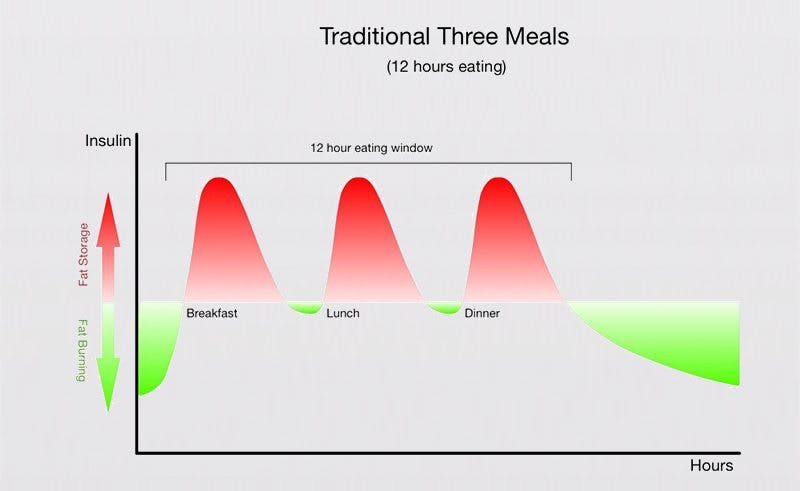
Source: www.dietdoctor.com
SUMMARY
start with 12/12 to get yourself mentally ready for time structured eating
↓
set your 12/12 timeframe and do it daily for a whole week
↓
the aim is to prepare and familiarise your mind for time restricted eating, to set some goals and complete them, to build discipline, to become aware of how much time you spend eating and not eating
↓
don’t worry about weight-loss, what to eat, how often or how much to eat at this stage
↓
see this merely as a stepping stone for your next stage of the intermittent fasting lifestyle
↓
if you can do 14 hours some days that’s even better, you can do more but try your best not to do less than 12 hours of fasting for a week
↓
you are in control
STUDY
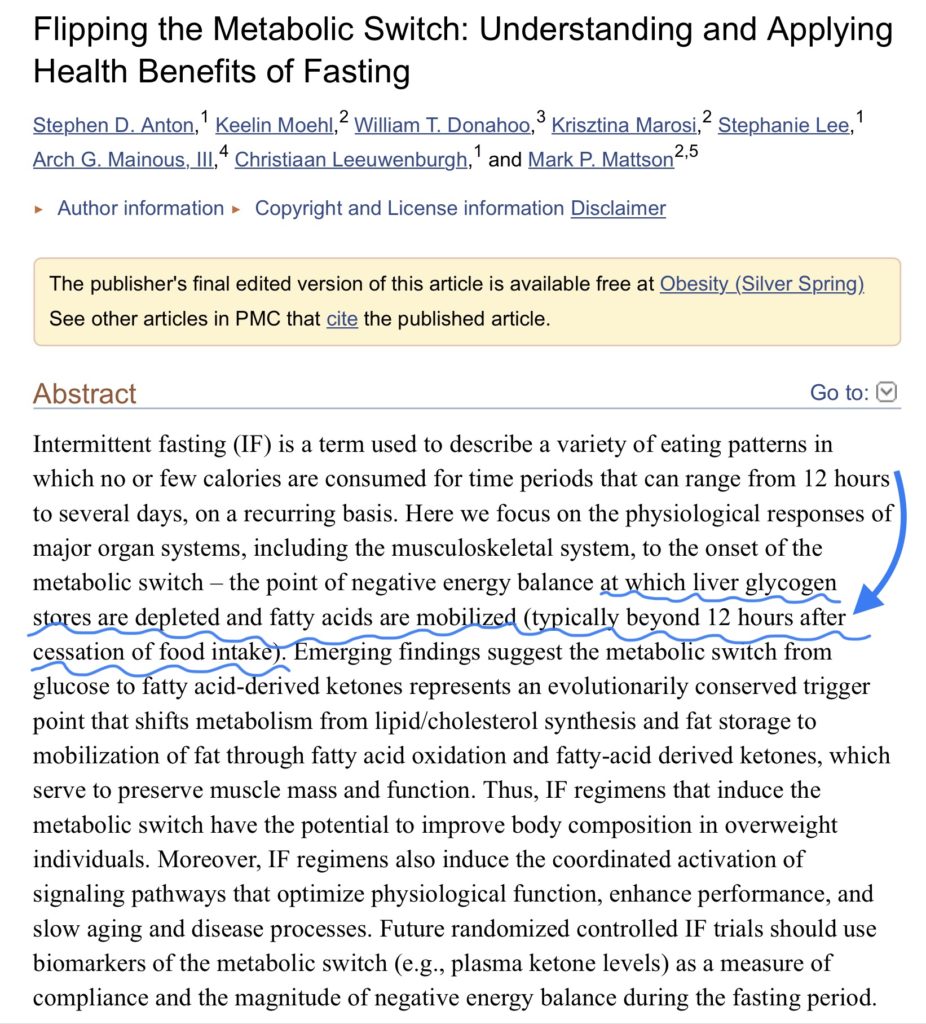
According to this STUDY,12 hours seems to be the required minimum for IF.
Aim to extend your 12 hour window by 2 to 4 hours to allow your body to begin utilising/burning fat for energy.
